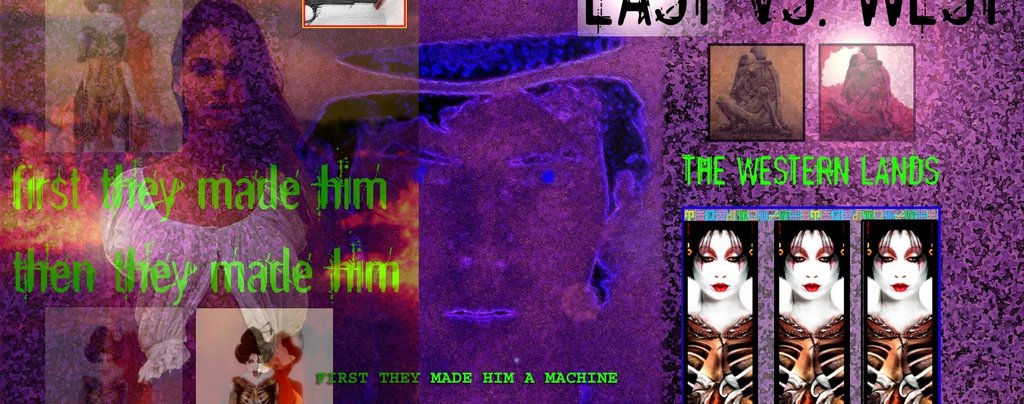Shakespeare is a mirror in which every culture sees itself with astonishing clarity
Jonathan Bate is highly entertaining in his review of "Shakespeare Goes to Paris"
...From the French point of view, nothing could be more vulgar than the counter-example of Shakespeare: he wrote for a public theatre, mingled verse and prose, high emotion and rude puns, kings and clowns, funerals and drunkenness. Most shockingly of all, he allowed trivial domestic objects – things that a classical French author would never dream of mentioning – to play a significant role in his plots. Othello turns on a misplaced handkerchief. A humble mouchoir: quelle horreur!
Voltaire, a great Anglophile, visited London in the early 18th century and was deeply impressed by the social mix he encountered in the theatre. He learned English by sitting nightly in the auditorium at Drury Lane, and came to wonder at the sublimity of Shakespeare's tragedies while simultaneously professing himself disturbed by the presence of drunken, quipping grave-diggers in Hamlet.
In this marvellously learned, witty and wide-ranging survey of attitudes to Shakespeare in France from the 18th century to the present, John Pemble tells of how in later life Voltaire came to regret his praise of Shakespeare. The growth of a new French taste for the "provincial clown" from across the Channel marked "the end of the age of reason". By the early 19th century, Shakespeare was inextricably linked with the new generation of Romantics. "What is classicism?" asked Stendhal in his manifesto Racine et Shakespeare. Classicism (ie Racine) is "the art that appealed to our great-grandfathers". What is Romanticism? It is "the art that appeals to youth and to the present".
That art was Shakespeare's. When a company of English actors played Hamlet and Romeo and Juliet at the Odéon, all the young Romantics – Delacroix, de Vigny, Victor Hugo – were there to cheer them on. Hector Berlioz saw the play and his world was turned upside down: he fell so deeply in love with Shakespeare that he promptly married Harriet Smithson, the actress who played Juliet and Ophelia.
Victor Hugo, meanwhile, wrote an epic book that praised Shakespeare as a force of nature and proposed that the Bard of Avon should become Poet Laureate of the United States of Europe. His son translated the complete works, furnishing them with formidably learned footnotes.
http://www.arts.telegraph.co.uk/arts/main.jhtml?
xml=/arts/2005/03/20/bopem20.xml&sSheet=
/arts/2005/03/20/botop.html
...From the French point of view, nothing could be more vulgar than the counter-example of Shakespeare: he wrote for a public theatre, mingled verse and prose, high emotion and rude puns, kings and clowns, funerals and drunkenness. Most shockingly of all, he allowed trivial domestic objects – things that a classical French author would never dream of mentioning – to play a significant role in his plots. Othello turns on a misplaced handkerchief. A humble mouchoir: quelle horreur!
Voltaire, a great Anglophile, visited London in the early 18th century and was deeply impressed by the social mix he encountered in the theatre. He learned English by sitting nightly in the auditorium at Drury Lane, and came to wonder at the sublimity of Shakespeare's tragedies while simultaneously professing himself disturbed by the presence of drunken, quipping grave-diggers in Hamlet.
In this marvellously learned, witty and wide-ranging survey of attitudes to Shakespeare in France from the 18th century to the present, John Pemble tells of how in later life Voltaire came to regret his praise of Shakespeare. The growth of a new French taste for the "provincial clown" from across the Channel marked "the end of the age of reason". By the early 19th century, Shakespeare was inextricably linked with the new generation of Romantics. "What is classicism?" asked Stendhal in his manifesto Racine et Shakespeare. Classicism (ie Racine) is "the art that appealed to our great-grandfathers". What is Romanticism? It is "the art that appeals to youth and to the present".
That art was Shakespeare's. When a company of English actors played Hamlet and Romeo and Juliet at the Odéon, all the young Romantics – Delacroix, de Vigny, Victor Hugo – were there to cheer them on. Hector Berlioz saw the play and his world was turned upside down: he fell so deeply in love with Shakespeare that he promptly married Harriet Smithson, the actress who played Juliet and Ophelia.
Victor Hugo, meanwhile, wrote an epic book that praised Shakespeare as a force of nature and proposed that the Bard of Avon should become Poet Laureate of the United States of Europe. His son translated the complete works, furnishing them with formidably learned footnotes.
http://www.arts.telegraph.co.uk/arts/main.jhtml?
xml=/arts/2005/03/20/bopem20.xml&sSheet=
/arts/2005/03/20/botop.html



1 Comments:
i love this:
http://laplage.ytmnd.com/
(turn your speakers on)
- d. ;)
Post a Comment
<< Home